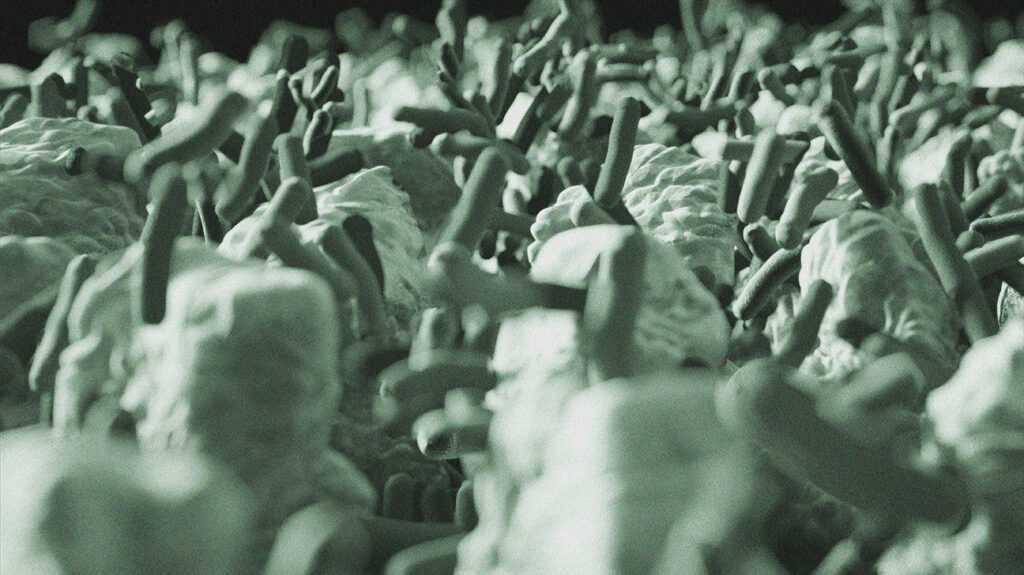Gut bacteria can help rebuild the disease fighting capability
03 December, 2020

For the very first time, researchers have demonstrated the way the gut microbiome - the city of microorganisms moving into the gut - can influence the disease fighting capability in humans. Their function could cause new remedies for immune-related conditions.
The researchers at Memorial Sloan Kettering Cancer Center in NY, NY, tracked the recovery of patients’ gut microbiota and disease fighting capability after bone marrow transplants (BMTs) following treatment for blood cancers.
Healthcare professionals use chemotherapy and radiation remedy to destroy cancerous blood cells in conditions such as leukemia and lymphoma. After completion of the procedure, which also kills healthful immune cells, professionnals inject patients with stem cells from a donor’s blood or bone marrow.
These donated cells slowly restore patients’ capability to make their unique blood cells.
However, patients need to take antibiotics in the primary few weeks immediately after the transplant because they are still vulnerable to infections. These upset the total amount of their gut microbiota, killing “friendly bacteria” and allowing dangerous strains to thrive.
Unique opportunity
Once patients’ immune devices are strong plenty of, they can stop taking the antibiotics, that allows their gut microbiota to recover.
The researchers at Sloan Kettering used this original opportunity to study the way the microbiota affects the immune system.
“The scientific community had already accepted the theory that the gut microbiota was important for the fitness of the human disease fighting capability, however the data they used to create that assumption originated from animal studies,” explains systems biologist Joao Xavier, who's co-senior writer of the paper along with his former postdoc Jonas Schluter.
“The parallel recoveries of the disease fighting capability and the microbiota, both which are damaged and restored, gives us a distinctive possibility to analyze the associations between both of these systems,” says Dr. Schluter, who's right now an assistant professor at NYU Langone Health in NY, NY.
Using blood and fecal samples right from more than 2,000 patients treated at the cancer center between 2003-2019, the experts were able to track daily changes within their gut microbiota and the amount of immune cells in their blood.
A large number of data points
“Our study demonstrates we can learn a whole lot from stool - biological samples that literally will be flushed straight down the toilet,” says Dr. Xavier. “The consequence of collecting them is normally that we have a distinctive dataset with a large number of data points that we can use to ask problems about the dynamics of this relationship.”
The experts used a machine-learning algorithm to identify patterns in the info, which included details about patients’ medications and the medial side effects they experienced.
Among the findings was first that the occurrence of three types of gut bacteria - called Faecalibacterium, Ruminococcus 2, and Akkermansia - was associated with increased bloodstream concentrations of immune cells called neutrophils.
By contrast, several types called Rothia and Clostridium sensu stricto 1, were connected with reduced amounts of these immune cells.
Laptop simulations by the experts predicted that enriching microbiota with the 3 “friendly” genera would speed up the recovery of patients’ immune systems.
“This research could eventually advise ways to make BMTs safer by more closely regulating the microbiota,” says co-author Marcel van den Brink.
Source: www.medicalnewstoday.com
TAG(s):
